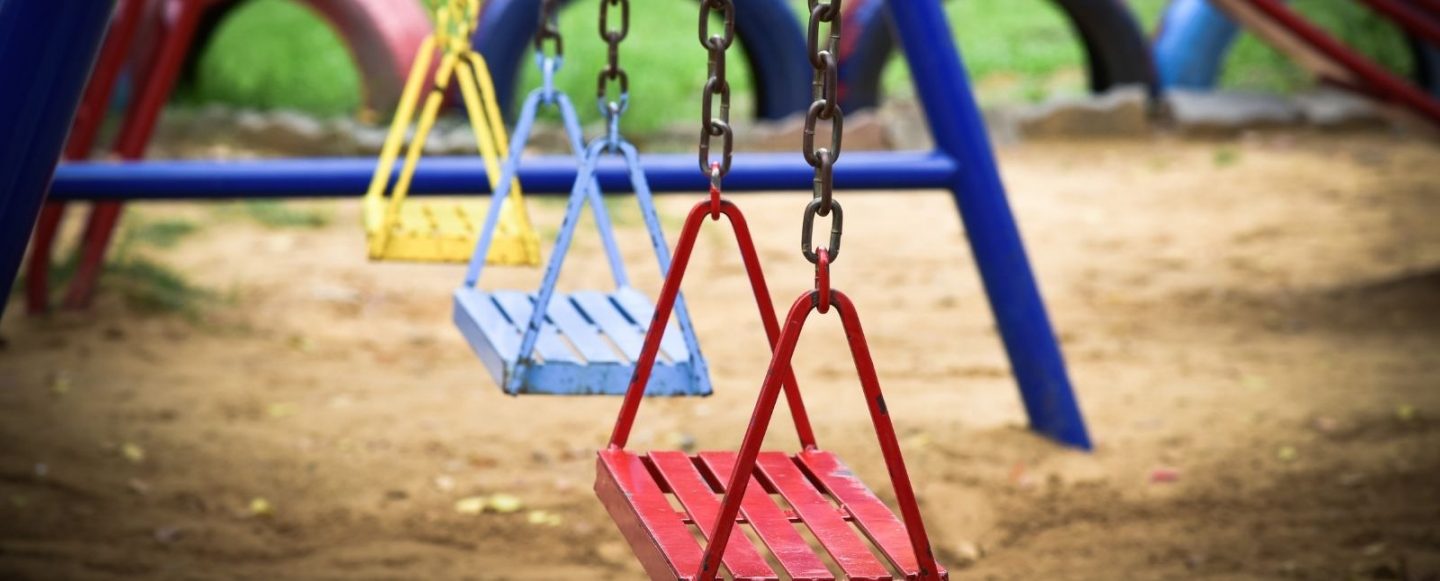Outcomes of the Royal Commission relevant to Councils
21 December 2017
On 15 December 2017, the Royal Commission into Institutional Responses to Child Sexual Abuse handed over its Final Report. The Final Report contained 17 volumes, and this followed an earlier interim report, and three earlier final reports, on respectively Working with Children Checks, Redress and Civil Litigation and Criminal Justice. During the course of five years, the Commission also published 59 research reports and 45 case study reports.
Councils may consider the Royal Commission as not relevant to their functions. The fact is that many of the recommendations have a direct impact, especially for councils operating programs for children. Indeed, some of the recommendations are directly aimed at local government. Many other recommendations will have an indirect impact, as both state and Commonwealth governments institute changes to legislation, regulations and policy that will impact on council operations or funding.
This Alert identifies only the direct or immediate impacts for councils.
As part of the Final Report, the Commission directly recommended that local government:
With support from governments at the national, state and territory levels, local governments should designate child safety officer positions from existing staff profiles to carry out the following functions:
(a) developing child safe messages in local government venues, grounds and facilities;
(b) assisting local institutions to access online child safe resources; and
(c) providing child safety information and support to local institutions on a needs basis.
Other recommendations that will have an impact local government include:
- Increased reporting obligations for certain high-risk activities, including childcare, education and health services for children.
- Comprehensive record-keeping in relation to child-related work and increased retention requirements (at least 45 years).
- Increased sharing of information across branches of government, government bodies and institutions.
- Dedicated community support services for victims and survivors (which local government may be funded to provide).
- Implementation of a National model for Working with Children Checks, with consistent, but expanded, definitions as to when a WWCC is required.
- Implementation of a National redress scheme (if implemented, this may impact on Councils who have historical claims that may arise).
At this stage, these are only recommendations. It remains to be seen to what extent the recommendations are adopted and enacted into law by the Commonwealth, state and territory governments.
At least some of the recommendations are already underway, with the South Australian Government having passed into law (but not yet commenced) legislation to introduce a WWCC system in SA. The Commonwealth Government has introduced into Parliament legislation to implement the National Redress Scheme for Commonwealth and territory bodies and institutions (although the states have not yet committed to it).
Contact us for further information about how the outcome of the Royal Commission will impact programs and activities run by the council, or assistance in implementing Child Safe measures.

